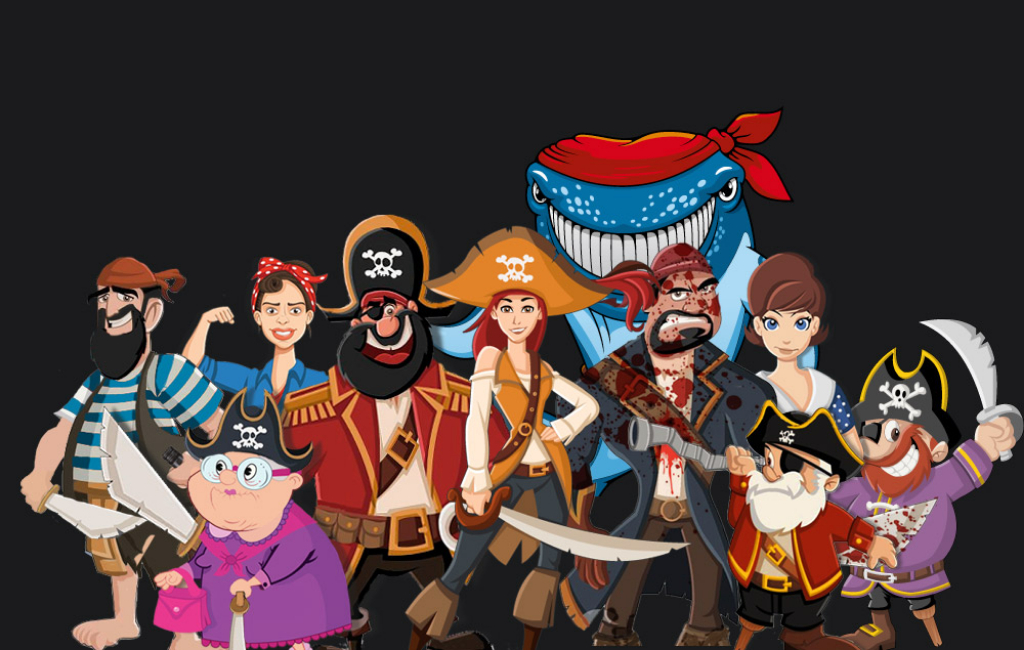Moink Meat Subscription Box
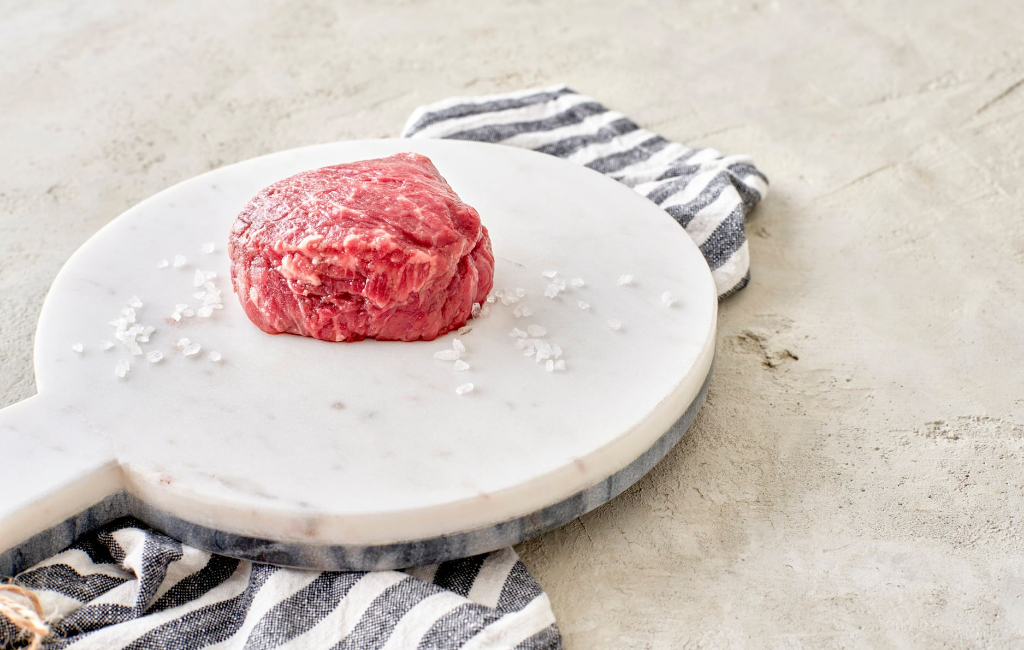

DEAL
EPISODE SUMMARY
🕓 Air Date: March 10, 2019
Asking For:
$250,000 for 10%
Investor:
Jamie Siminoff
Deal:
$400,000 for 20%
PRODUCT SUMMARY
Moink is a meat-box subscription company that offers high-quality, ethically-sourced meats, including grass-fed and grass-finished beef and lamb, pastured pork, chicken, and wild-caught Alaskan salmon.
WATCH HERE
IN A RUSH?
Click these to jump to the section you want to read.
Background Story
Moink, a revolutionary meat-box subscription company, was founded by Lucinda Cramsey, an eighth-generation farmer with a deep-rooted connection to agriculture. Hailing from La Belle, Missouri, Lucinda’s upbringing on a 1,500-acre farm shaped her profound understanding of the challenges faced by family farms. The pivotal moment came at the age of 11 when Lucinda’s father passed away, unveiling the harsh realities of the farming industry and the financial struggles her family endured. Determined to make a difference, Lucinda embarked on a mission to support small family farms, aiming to provide them with a platform for financial independence outside the dominance of big agriculture.
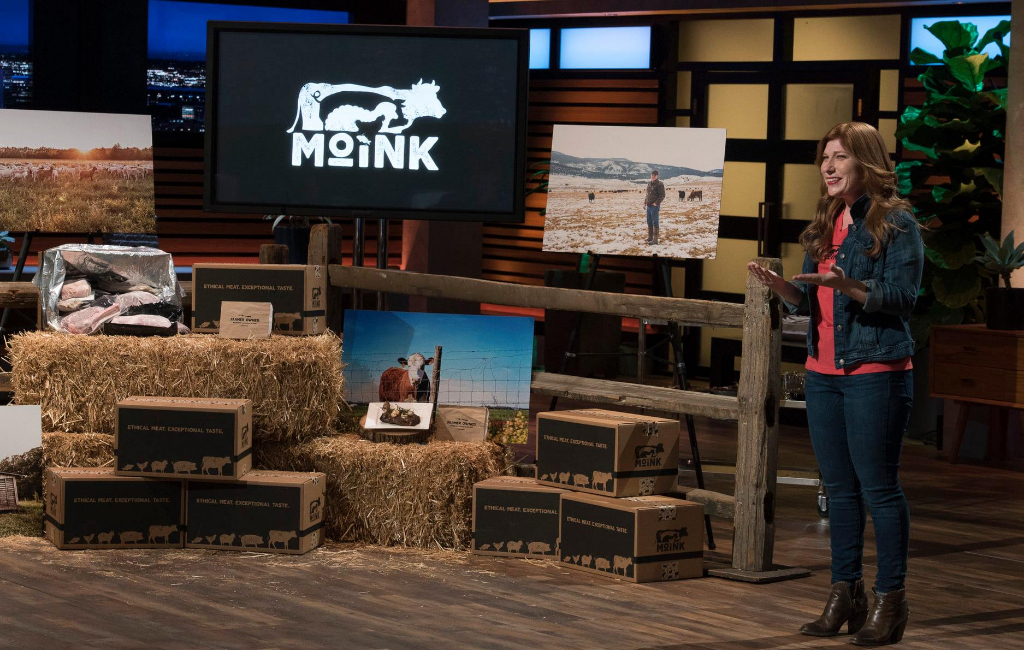
This passion led her to establish Moink, a play on “moo” and “oink,” reflecting the diverse range of meats the company offers. The initial inspiration for Moink arose from Lucinda’s own experiences and a desire to combat the hardships faced by family farms. Drawing from her background in farming, Lucinda initially ventured into fruits and vegetables before recognizing an unmet demand for high-quality, ethically-sourced meats. The spark came when Lucinda and her husband realized the potential in connecting farmers directly with consumers through a subscription box model.
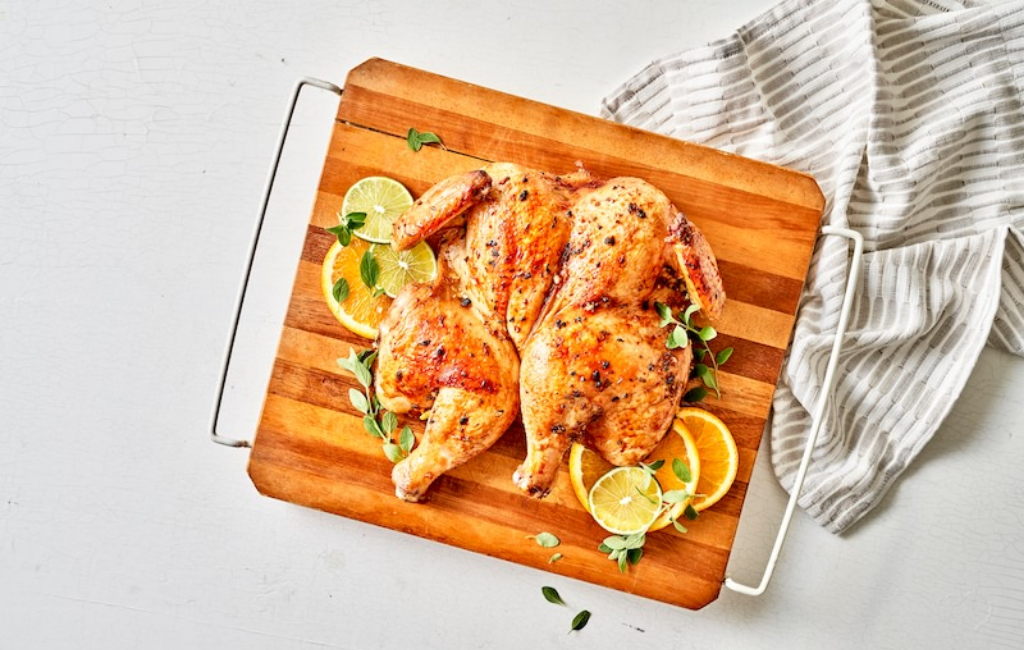
The heartbreaking experience of her family’s struggle, coupled with a determination to create positive change, propelled Lucinda to establish Moink as a solution. The company became a manifestation of her commitment to supporting small family farms by offering consumers access to ethically-raised meats, breaking away from the domination of larger agricultural corporations. Moink’s inception was not just a business venture; it was Lucinda’s way of transforming personal hardship into a catalyst for change within the farming community. Through Moink, Lucinda has become a pioneer in connecting tender-hearted carnivores with sustainably and ethically-sourced meats, breathing life into the fight for family farms and reshaping the landscape of the meat industry.

The Product
Moink offers a distinctive and customizable meat-box subscription service, bringing high-quality, ethically-sourced meats directly to consumers’ doorsteps. The subscription model allows customers to tailor their boxes, selecting from a diverse array of meats that include grass-fed and grass-finished beef, lamb, pastured pork, chicken, and wild-caught Alaskan salmon.
The process is user-friendly and flexible. Customers can choose the specific meats they desire, creating a personalized box that aligns with their preferences. The fully customizable nature of Moink’s boxes ensures that consumers receive a curated selection of meats that meet their ethical and quality standards.
The benefits of Moink extend beyond convenience, offering consumers the assurance of supporting small family farms and participating in sustainable and ethical agricultural practices. With a commitment to transparency, Moink emphasizes the importance of knowing the origin of one’s food. Pricing for Moink’s subscription boxes is set at $159, and each box contains 13 to 16 pounds of meat. The pricing structure equates to an affordable $4.50 per serving, providing customers with both quality and value.
To acquire Moink’s subscription boxes, customers can easily engage with the company through inbound marketing channels, particularly via Google searches for pasture-raised pork. The subscription model and marketing strategies have contributed to the company’s impressive growth, with a notable $730,000 in sales for the year-to-date 2018 and a robust 71% customer retention rate, reflecting the resonance of Moink’s ethical and customizable approach in the market.
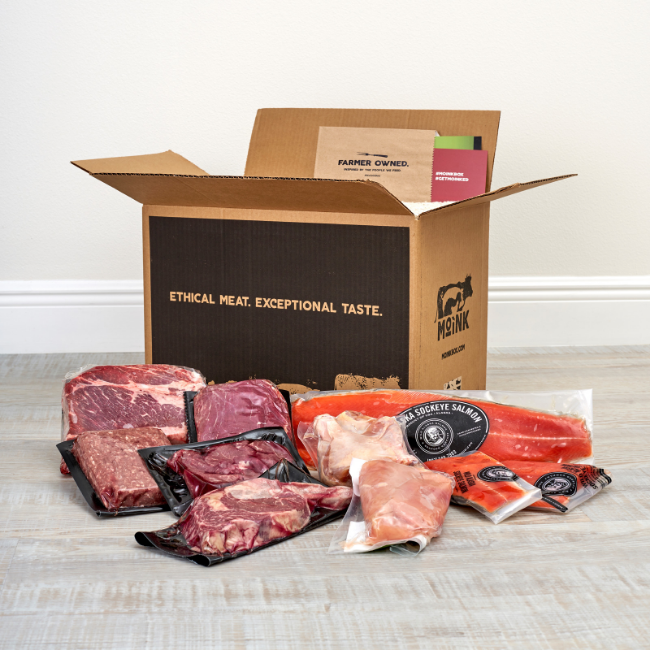
How It Went
The company’s position before Shark Tank
As of the year-to-date 2018, Moink has exhibited robust performance, indicating a healthy position in the market. The company has experienced significant growth, with sales reaching an impressive $730,000. This substantial increase from the previous year’s $85,000 demonstrates Moink’s ability to capture market demand and thrive in the competitive landscape of the meat industry. Moink’s success can be attributed to its strategic approach to customer acquisition, primarily leveraging inbound marketing channels.
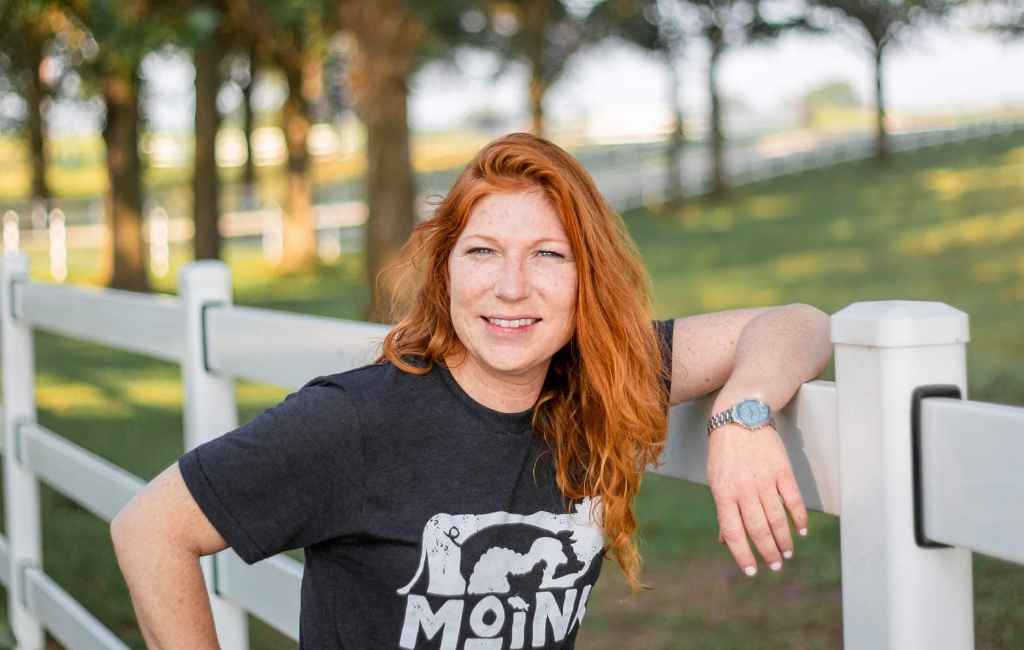
The company capitalizes on Google searches for pasture-raised pork, enhancing its visibility and attracting a customer base aligned with its ethical and high-quality meat offerings. Moink’s focus on connecting consumers directly with farmers aligns with a model that supports local and sustainable agriculture. In terms of funding, the pitch does not provide explicit details about Moink’s current funding sources. However, the company’s appearance on Shark Tank indicates a willingness to seek investment for further growth. Notably, Jamie Siminoff offered $400,000 for a 20% stake in the company during the show.
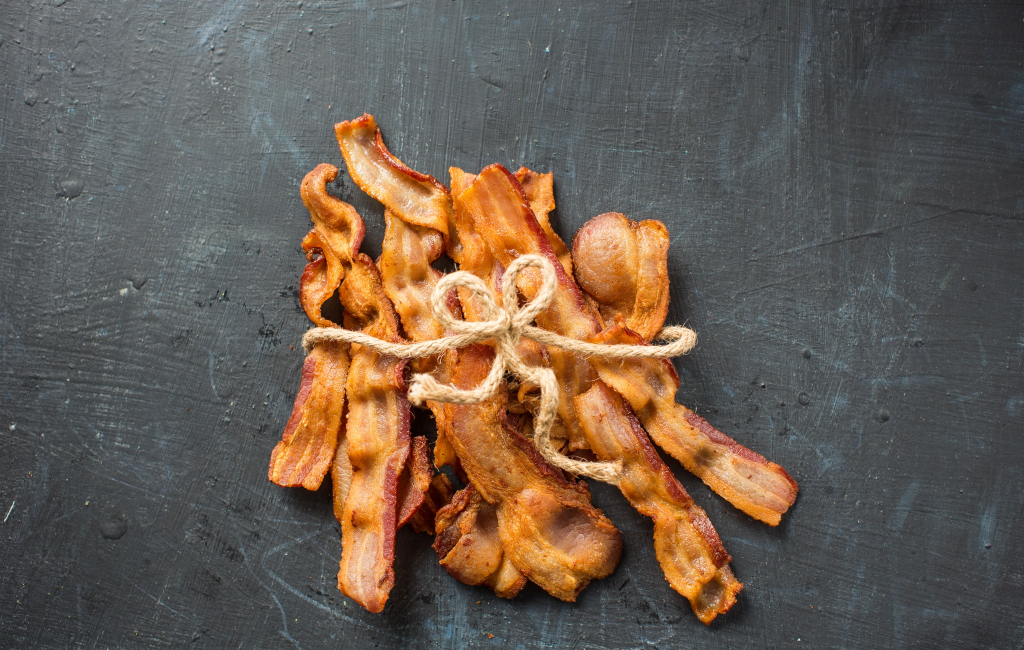
Profit margins were a topic of discussion during the pitch, with Lucinda revealing that each box, priced at $159, costs $127 to produce, resulting in a net profit of around 10%. While some Sharks expressed concerns about the narrow margins, Jamie Siminoff’s offer reflected confidence in Moink’s potential for accelerated scaling and infrastructure development to improve these margins.

The Negotiations:
The negotiations for Moink on Shark Tank unfolded as a dynamic exchange between Lucinda Cramsey, the founder, and the panel of Sharks. Lucinda sought a $250,000 investment for a 10% stake in her meat-box subscription company. However, the Sharks expressed concerns about Moink’s valuation and the relatively narrow profit margins. Kevin O’Leary, in particular, challenged the perceived value, stating that a $250,000 investment for 10% implied a $2.5 million valuation, which he considered too high.

Despite the valuation concerns, the negotiations took an intriguing turn when Jamie Siminoff, impressed by Lucinda’s passion and the potential for Moink to scale faster, made a counteroffer. Siminoff proposed a deal of $400,000 for a 20% stake in the company, exceeding Lucinda’s initial ask. The offer was designed to provide Moink with additional capital for accelerated scaling and infrastructure development to improve profit margins. This proposition sparked a moment of consideration for Lucinda, who had built Moink based on controlled and calculated growth.

The Sharks acknowledged the need for both controlled growth and the necessity for infrastructure to lower margins. After a brief pause for reflection, Lucinda accepted Jamie Siminoff’s offer, marking the culmination of successful negotiations on Shark Tank. The deal not only secured Moink the desired investment but also brought on board a seasoned entrepreneur who saw potential in the company’s mission and growth trajectory. The negotiations showcased the challenges of valuation discussions and the delicate balance between a founder’s vision and an investor’s financial considerations, ultimately resulting in a partnership poised to drive Moink’s mission forward.






